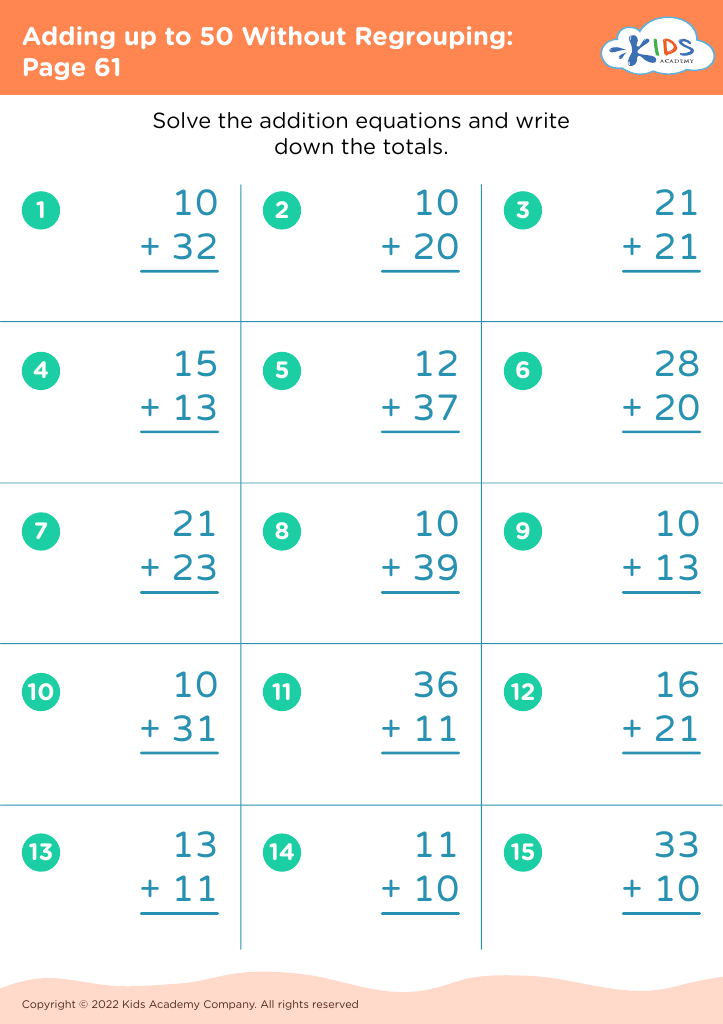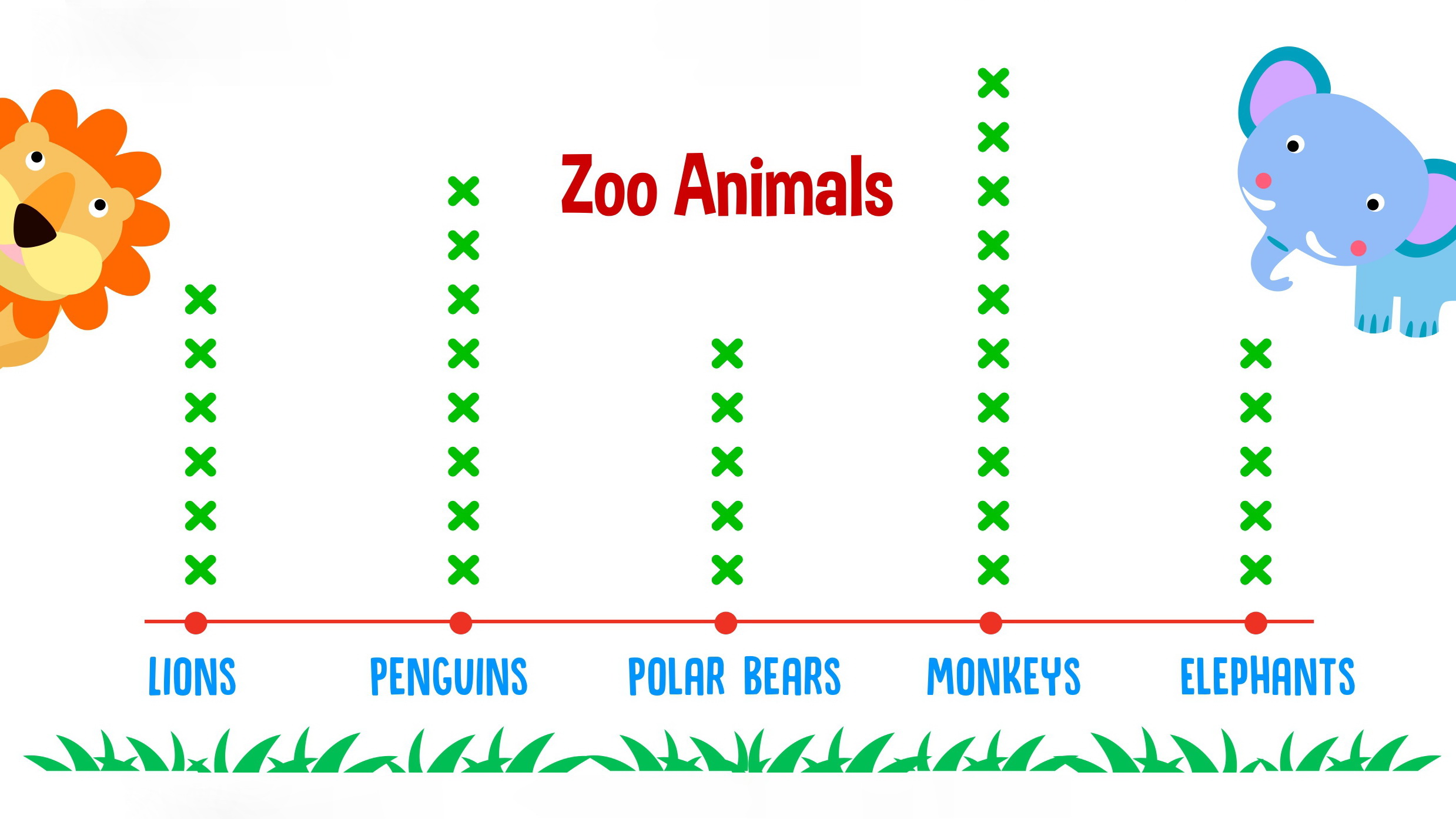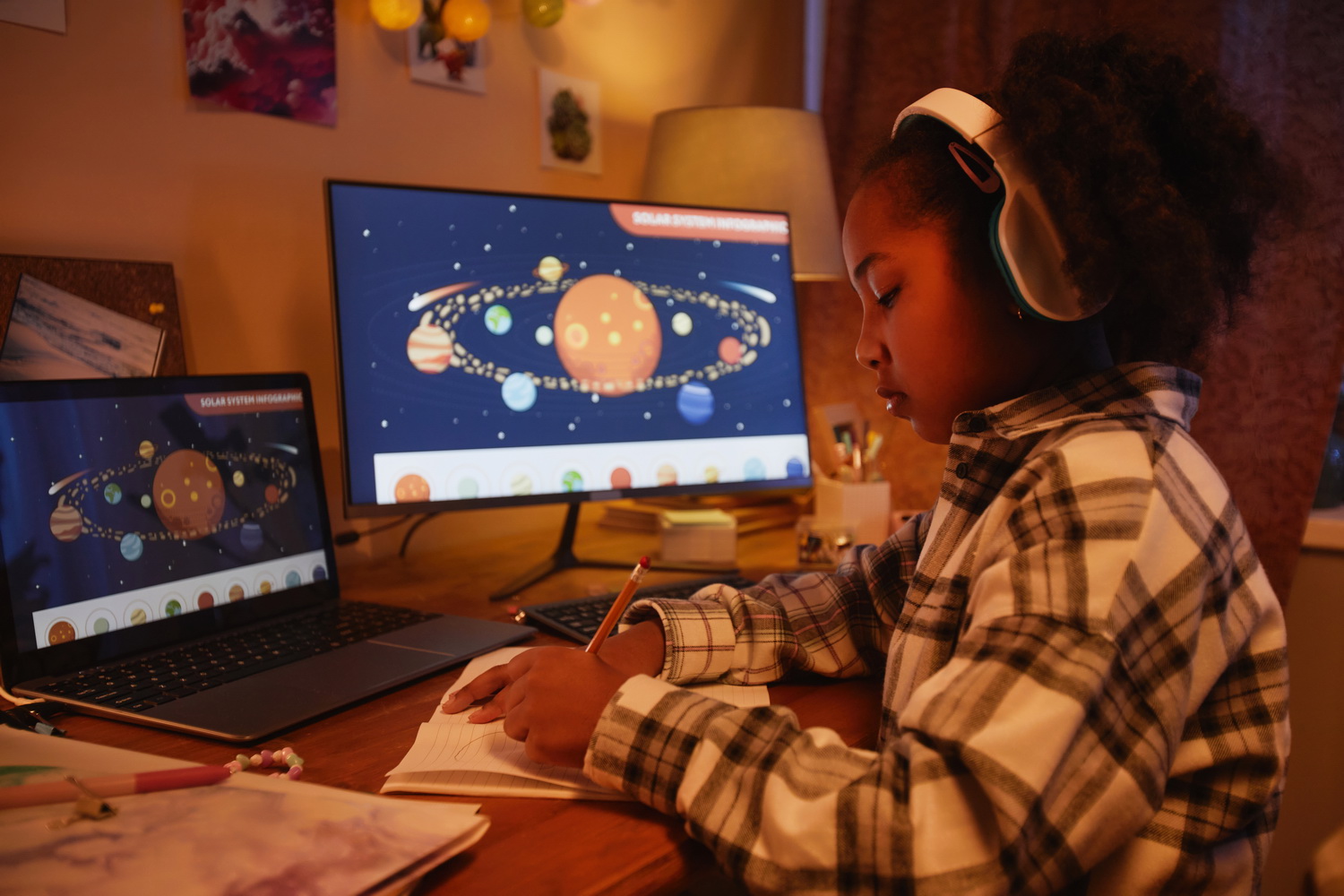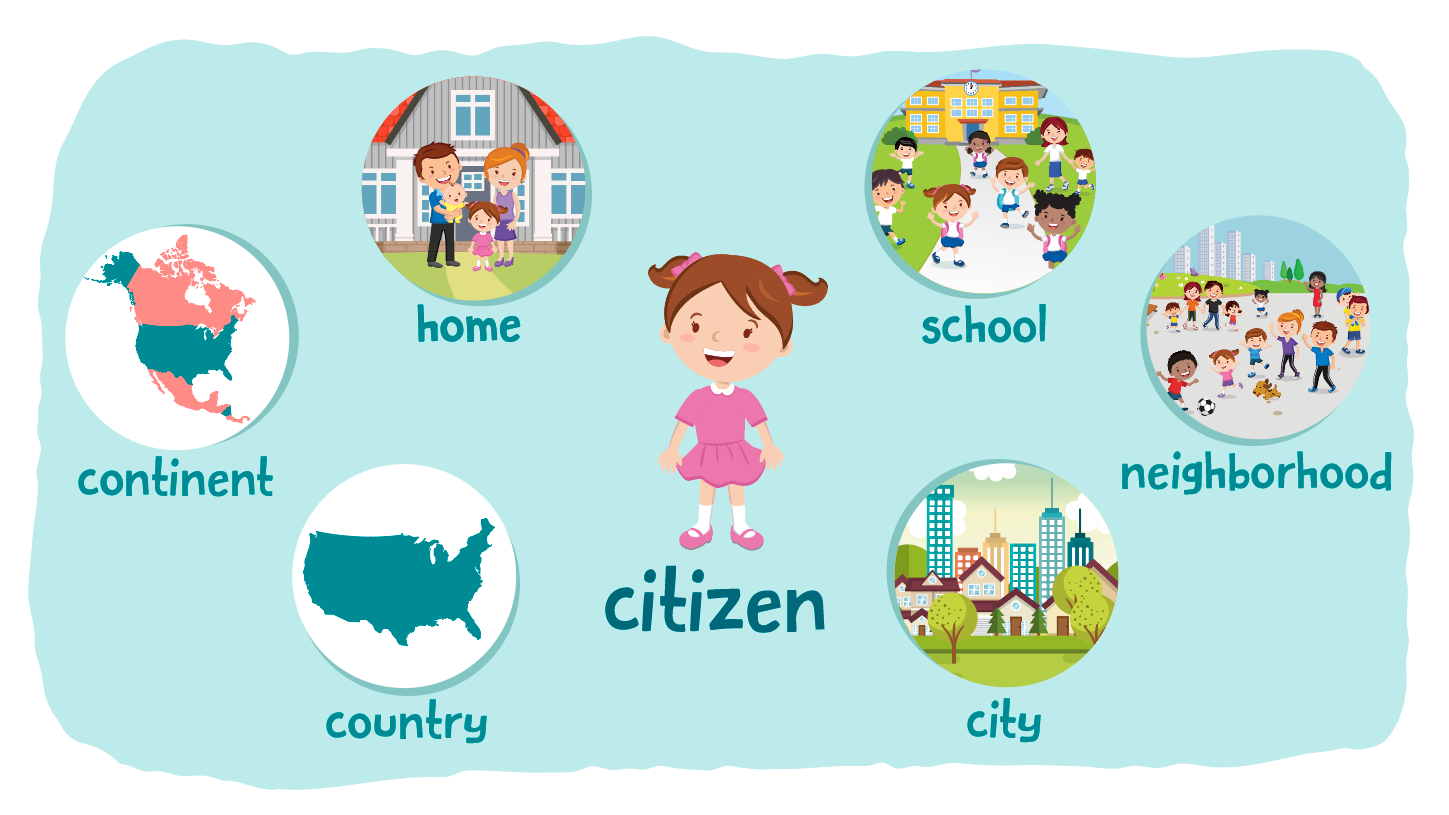Understanding grouping Worksheets for Ages 4-7
3 filtered results
-
From - To
Explore our engaging grouping worksheets designed specifically for ages 4 to 7, fostering early math and critical thinking skills. These interactive activities help young learners practice identifying, categorizing, and grouping objects based on shared characteristics. Our thoughtfully crafted worksheets promote hands-on learning, enabling children to develop a strong foundation in basic math concepts while enhancing their observational skills. Perfect for both classroom and home settings, these resources encourage creativity and independence in young learners. Discover how understanding grouping can set the stage for future academic success while making learning enjoyable and effective. Start your child's journey toward mathematical mastery today!
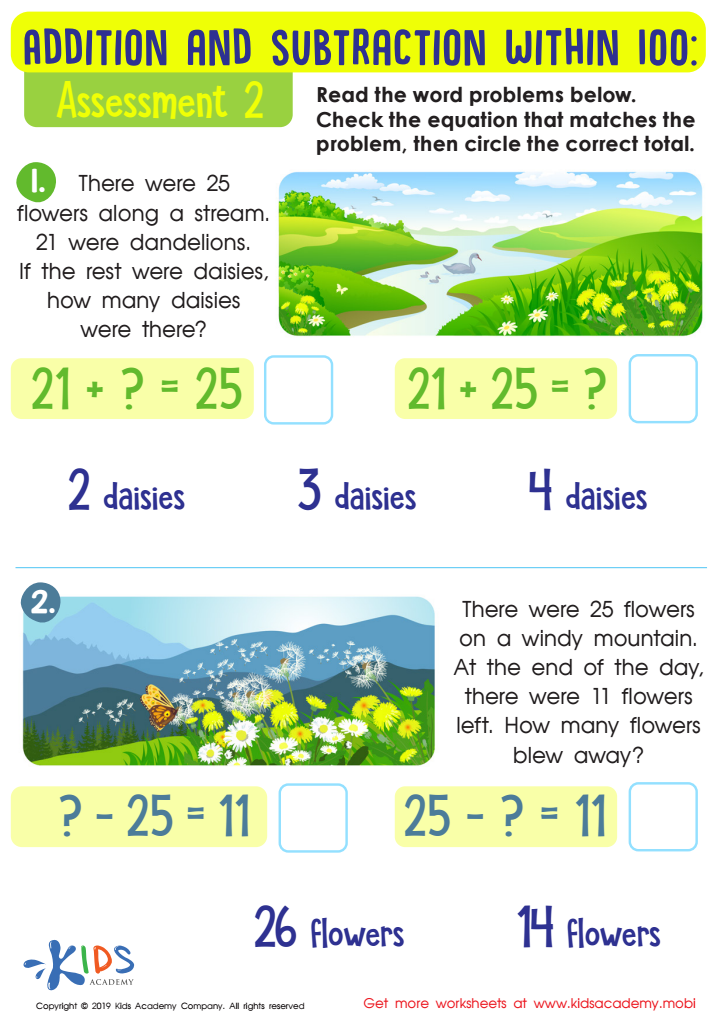

Assessment 2 Math Worksheet
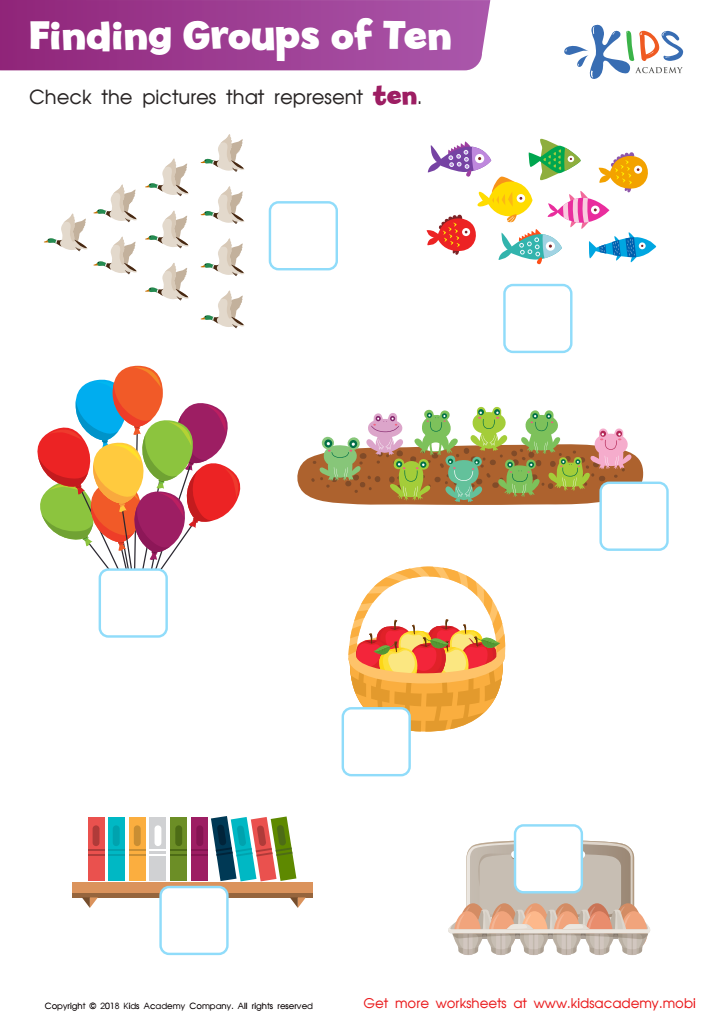

Finding Groups of Ten Worksheet
Understanding grouping is a fundamental concept for children aged 4-7, making it essential for parents and teachers to emphasize. This developmental stage is crucial as children begin to make sense of the world around them, and grouping helps them categorize and organize information, which lays the groundwork for advanced reasoning skills.
Grouping activities enhance cognitive development by encouraging critical thinking. When children learn to classify items based on shared characteristics—like color, shape, or size—they develop sorting skills that are transferable to math, literacy, and science. For instance, grouping animals based on habitats introduces them to biological concepts, while grouping words by common sounds fosters phonemic awareness.
Moreover, grouping fosters social skills. Collaborative grouping activities allow children to work in pairs or teams, enhancing communication and teamwork as they learn to listen and share ideas. This interaction is vital for emotional development, teaching them respect, empathy, and conflict resolution.
Finally, understanding grouping in everyday scenarios promotes effective problem-solving. A child who can identify similarities and differences can navigate tasks more efficiently, helping them in academics and life. Thus, nurturing this skill should be a priority for both parents and teachers to set a solid foundation for lifelong learning.
 Assign to My Students
Assign to My Students
